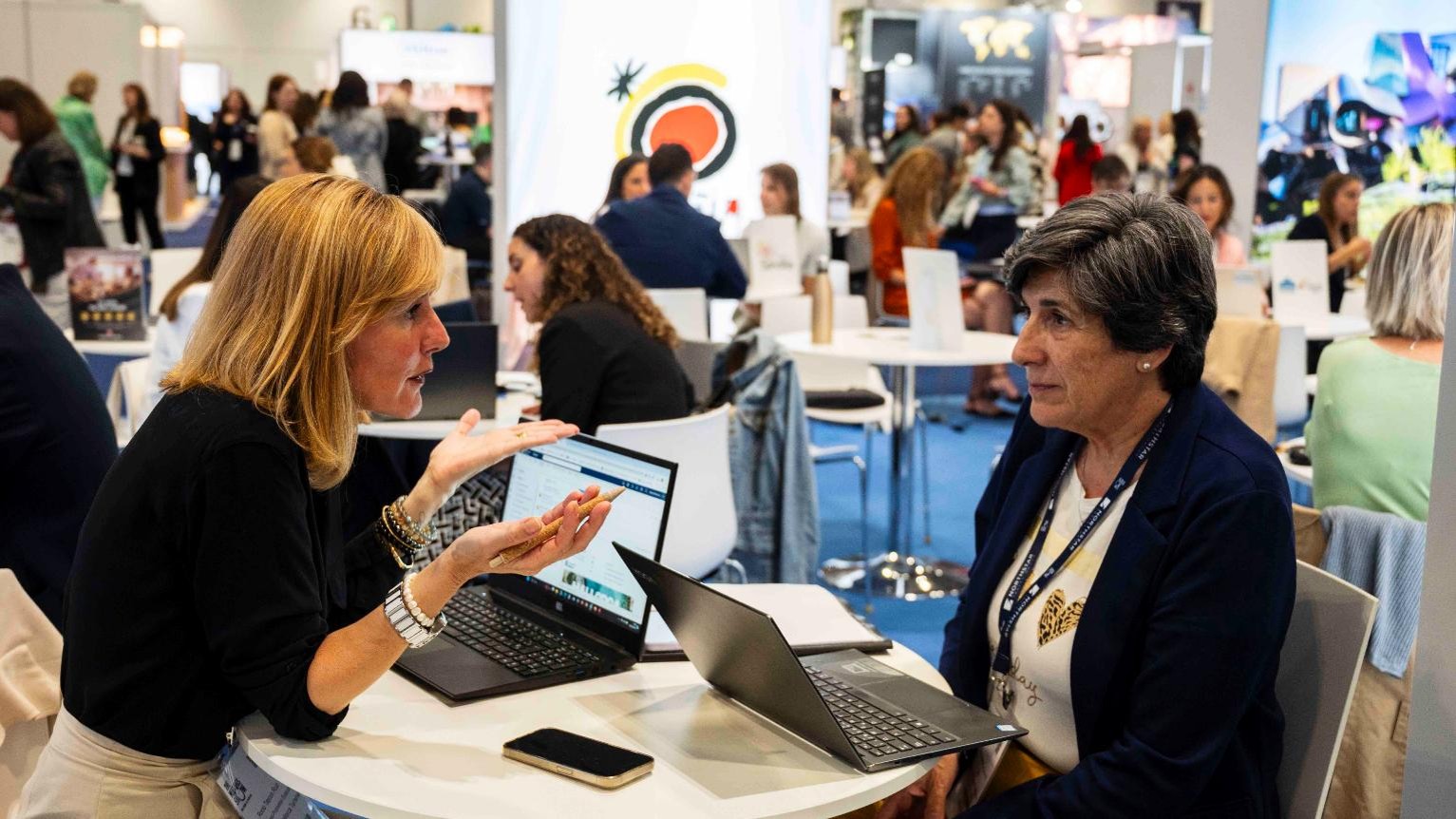Following the disruption and pivoting caused by COVID-19, more hospitality businesses than ever before are bringing sustainability to the top of their agenda.
With such a large shift in corporate culture to making responsible choices, many businesses are not only making smart decisions in terms of reducing their impact on the environment around them and being a considerate brand, but also in ensuring they operate as a fair and mindful employer.
According to the digital travel platform Booking.com, over half (53%) of global travellers want to travel more sustainably in the future, while Deloitte’s Global Millennial survey found that 53% of global travellers are willing to pay more for products that demonstrate environmental responsibility – 13% more than a year ago. Consequently, it is in the best interests of hotels and venues to communicate these sustainable approaches to guests and bookers clearly, ensuring they remain front of mind in the research and decision-making segments of the customer journey.
However, many could argue consumers are beginning to experience ‘green fatigue’ and are bored of being preached to. Therefore, ensuring you fine-tune your messaging to create dynamic content with a rallying tone is fundamental to succeeding in breaking through the crowded sea of sustainability communications.
Keep reading for our advice on how to finesse your sustainability messaging and communicate it strategically within the industry.
When and where
There is no better time to start discussing a sustainability journey than the present. Although it can seem more logical to wait until activities have been fully implemented, this can sometimes take years, and therefore communicating intentions by setting out plans and the journey to reaching these goals will not only keep potential guests and event buyers informed, it also ensures you remain accountable and do not hold off on making the changes due to lack of time or other constraints.
Although you may think simply creating a ‘sustainability’ page on your website is enough to communicate these new initiatives, many travellers and planners do not use sustainability as their first initial search term, and so may not find this until they land on your website. Therefore, messaging should be threaded through every element of your communication channels, much like initiatives should be threaded through every element of the organisation. Sharing updates on social media channels, through e-newsletters, blogs and press releases are all additional ways to communicate in a dynamic way.
Maximise on national days
National days are a great tactic of finding alternative ways to communicate sustainability messaging and can spark creative ideas for new campaigns, allowing you to shed light in engaging formats on how you are working to become more sustainable. These can be both seasonal days such as Earth Day, or Organic September, or campaigns organised by organisations, such as Green Tourism’s Serve Local Month, or WRAP’s Food Waste Action Week. Associations including The mia or HBAA also have their own campaigns properties can become a part of.
No greenwashing
It is obvious that consumers dislike companies claiming they are committed to overhauling their sustainability practices while continuing to engage in environmentally unfriendly procedures. Some organisations may believe that basic initiatives such as removing plastic straws from their supply chains mean they are doing the right thing, however, many believe this is now standard practice and expect more, a real switch in the way sustainability is approached and achieved. The fallout from global brands such as McDonald’s and their non-recyclable paper straws, or Nestle’s ‘sustainably sourced’ cocoa beans grown in areas affected by deforestation, are stark reminders of the PR disaster than can ensue if brands make sweeping statements they don’t or can’t back up.
Terminology
Using the correct terminology when communicating your sustainability messaging is important to showcase knowledge of initiatives. Integrating simple terms such as ‘carbon neutral’ or ‘carbon offsetting’, ‘zero-waste’ or ‘closed loop’ or key accreditations such as ‘FSC-certified’ or ‘Fairtrade’, ensure consumers can simply dissect your achievements and goals in a clear, concise way, further easing their information sourcing. Meet Green has a great events–focused sustainability glossary, or read through this GSTC Sustainable Tourism Glossary for travel if needed.
Transparency
The importance of transparency when communicating sustainability is also vital. Now more than ever, consumers care about the organisations they are working with being transparent. One study by Stackla found as much as 86% of consumers say authenticity is a large factor in their buying decisions, with a large portion of these coming from Millennial and Gen Z buyers, which are ever-growing consumer groups. Even if a brand is just starting off on its sustainability journey, sharing the steps it will take, alongside its policies on responsible economic and social management, will assist in ranking higher in these matrixes, and can consequently build trust and loyalty.
Don’t forget internal communications
Ensuring sustainability plans are communicated to employees not only engages members of the team in new initiatives, which can help with making real change but also allows them to become more authentic brand ambassadors for the organisation. Share messages through staff engagement systems such as the company intranet or staff newsletter, and platforms like LinkedIn allow for team members to simply reshare to their own networks and amplify the message. Creating an internal green team can additionally help with staff engagement, where new ideas can come into the mix and further progress sustainability commitments.
The most important part of finessing sustainability messaging is integrating it into every aspect of the communication’s strategy, ensuring it hits as many touchpoints as possible, much like the sustainability strategy itself. Sharing updates and initiatives clearly, without exaggeration, and when they are about to be implemented, can also mean that your guests and buyers can come along with the organisation’s journey.
As specialists in hospitality marketing and PR, we develop and deliver integrated communication strategies to support travel, leisure and MICE businesses in reaching their business objectives. To find out more about how we can develop a strategy to develop your sustainability messaging and drive revenue to your business, please contact a member of our team.






